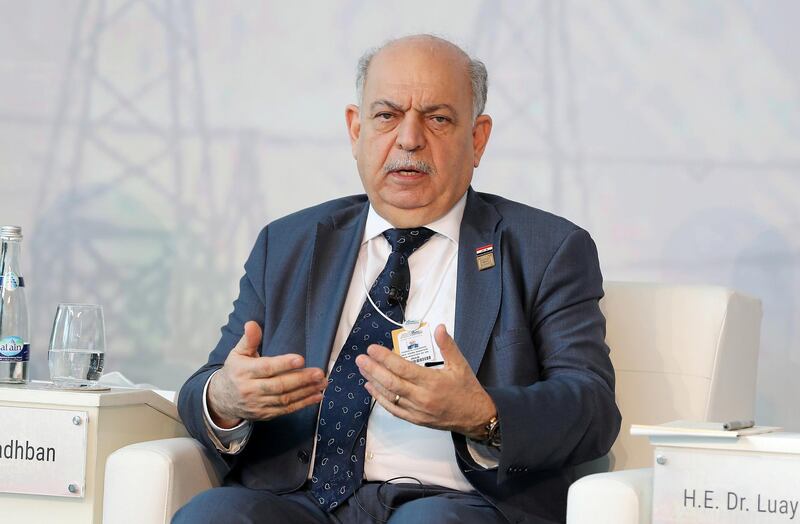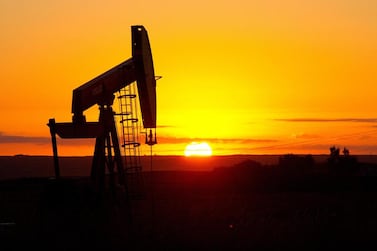Opec and its allies — set to meet in Vienna this week — are likely to keep production curbs at their existing levels well into the second half of next year with compliance rather than a deepening of cuts on the agenda, according to analysts.
The alliance, led by Saudi Arabia and Russia, will gather for Opec's annual meeting on Thursday amid rising instability for major producers Iraq and Iran.
Members of the alliance have been cutting back 1.2 million barrels per day from the markets since the beginning of the year, with the pact expected to hold until March 2020. The group faces several challenges including the continued dominance of US shale, which is set to reach 13 million bpd of production by year-end, as well as slowing demand for crude globally.
"The Opec+ ministers will be flying blind when it comes to factoring in global oil demand, thanks to the unpredictability of the course of the US-China trade war. That will be their biggest challenge in this week’s meeting," Vandana Hari, founder and chief executive of Singapore-based Vanda Insights, said.
Oil prices have largely remained tepid this year with the trade dispute between the US and China weighing heavily on demand. Prices have remained in the $60 range in spite of attacks on tankers transiting the Strait of Hormuz over the summer as well as an attack on Saudi Aramco's facilities in September, which temporarily wiped out 5 per cent of global supply.
Meanwhile, Iraq, Opec's second-largest producer, signalled deeper cuts ahead of the meeting.
Current restrictions could be deepened by an additional 400,000 bpd, Iraqi oil minister Thamir Ghadhban told reporters in Baghdad on Sunday.
Prices reacted positively with Brent up 2.15 per cent, trading at $61.79 per barrel at 4.51pm UAE time, while West Texas Intermediate was up 1.22 per cent at $56.39 per barrel.
The Iraqi minister's comments surprised the markets as the country and West African producer Nigeria have repeatedly produced above their quotas.
Opec+ would look to emphasise stricter compliance with the current pact and keep the cuts "unchanged", said Giovanni Staunovo, commodity analyst at Swiss bank UBS.
"If compliance laggards (eg Iraq, Nigeria) improve their compliance, it still could result in lower Opec production. Hence, I expect the group to emphasise that the countries with weak compliance rates have pledged to improve them in the future," he said.
The group is likely to continue the cuts until March, he added, observing that Russia, the biggest producer within the alliance, is likely to oppose deeper cuts and further extension.
Future cuts should be negotiated closer to the second half of the year, Russia's energy minister Alexander Novak said last week, observing that market conditions may be vastly different by the time the pact expires on April 1.
"The remarks by Russian energy minister Novak last Friday and his Iraqi counterpart Ghadhban over the weekend have set out the boundaries, as it were, of the range of options Opec and its allies have in front of them," said Ms Hari.
A consensus could fall within the broad range of the spectrum set by both countries with Opec+ likely to arrive at extending the current level of cuts to June next year, she added.
Much depends on the outcome of the phase one trade deal between the US and China, whose tit-for-tat tariff war has been a factor in dampening global demand for crude.
"Deeper cuts at a time of a global economic wobble and while Brent is well-supported above $60 would not be good optics for Opec+. Also, I can’t see Russia supporting it under the current circumstances," said Ms Hari.








